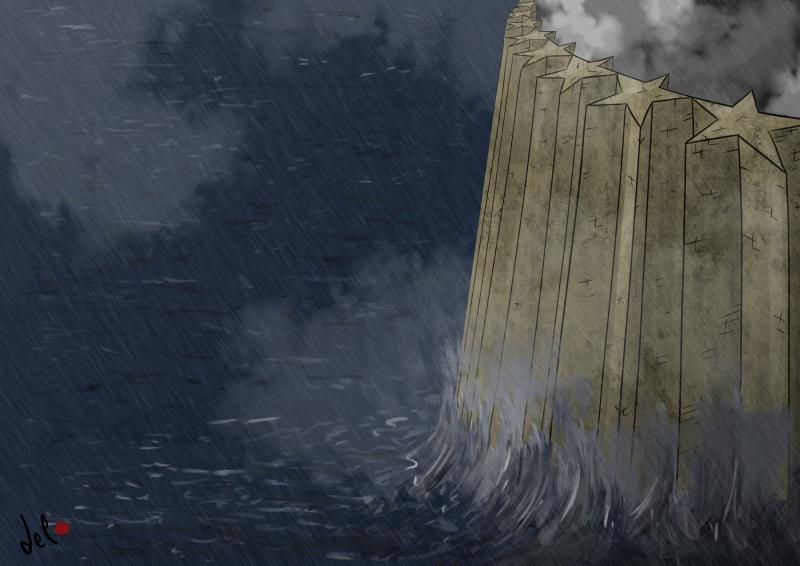Mora Salazar was a family company that sold fences for homes and small businesses. In 2006, Spain hired the services of Mora Salazar to install a razor wire on the border walls of Ceuta and Melilla. Now the company is a multinational corporation renamed European Security Fencing, with offices in Brussels and Berlin and business in more than 30 borders around the world.
“When the Socialists get into the government, I remove them. If the conservatives are reelected, I put them back. I have already taken them down and put them up four times and each time I get three million euros”, the owner of this company admitted.
The companies that make profit from the fences of Ceuta and Melilla accumulate more than 120 revolving doors, including a dozen former government ministers from the Popular Party (PP) and Socialist Party (PSOE). Spain does not disclose the total expenditure on these walls “for reasons of national security.” This investigation analysed 188 public contracts for these two fences worth 133 million euros.
The largest boom in the business of border fences in Europe took place after Viktor Orbán’s decision to wall off Hungary’s border with Serbia in 2015, amid the “refugee crisis'”. Estimates suggest that Orbán has spent more than €2 billion to build that wall. Among the companies that benefited the most is metALCOM Zrt, whose main shareholder is Zoltán Bozó, a businessman and member of Fidesz, Orbán’s party, as revealed by the media Index.hu.
Orbán’s decision produced a domino effect and other European countries quickly followed suit. Calais, a small historic town in France and a destination for migrants trying to reach the UK across the English Channel, is currently surrounded by 65 kilometres of fences equipped with the latest technology, including state-of-the-art drones, night cameras, and step and CO2 detectors to locate migrants through their breath.
Receive the best of European journalism straight to your inbox every Thursday
Greece, the gateway to Europe for eastern migratory routes, has an allocated budget of 819 million euros in European funds to further strengthen its border until 2027. In total, the 27 countries that make up the EU are currently fortified with 1,800 kilometres of walls.
“The erection of fences is not an adequate solution to prevent irregular migration,” said the Slovenian Minister of the Interior in a questionnaire sent by the team in charge of this investigation. The removal of the border fence between Slovenia and Croatia led to a great controversy: Slovenia granted 7 million euros for the removal of the fence to Minis, the same company that installed it in 2015.
Minis “did not have a single employee one year before the successful tender, and was based at the same address as a local branch of the then-ruling party”, says a representative of Transparency International Slovenia. The contract was awarded without a public tender.
European governments see people on the move as a security problem and prioritise funding for walls over socially urgent investments. “Have you seen the road here? We are waiting years for a new one, but the wall was built instantly”, said an elderly woman from Bulgaria –one of the poorest countries in the EU– who lives in Matoczina, on the border with Turkey.
Border walls are double-edged weapons. The other side of the business is played by both smugglers and authoritarian governments bordering Europe. On one hand, mafias raise their fees to transport migrants in increasingly dangerous and violent conditions.
On the other hand, the growingly militarised walls allow the weaponisation of migrants by governments and dictatorships ranging from Turkey to Morocco, Belarus and Tunisia. These regimes are conditioning their expanding control/influence of the other side of the border in exchange for money, diplomatic support and other concessions from the EU.
